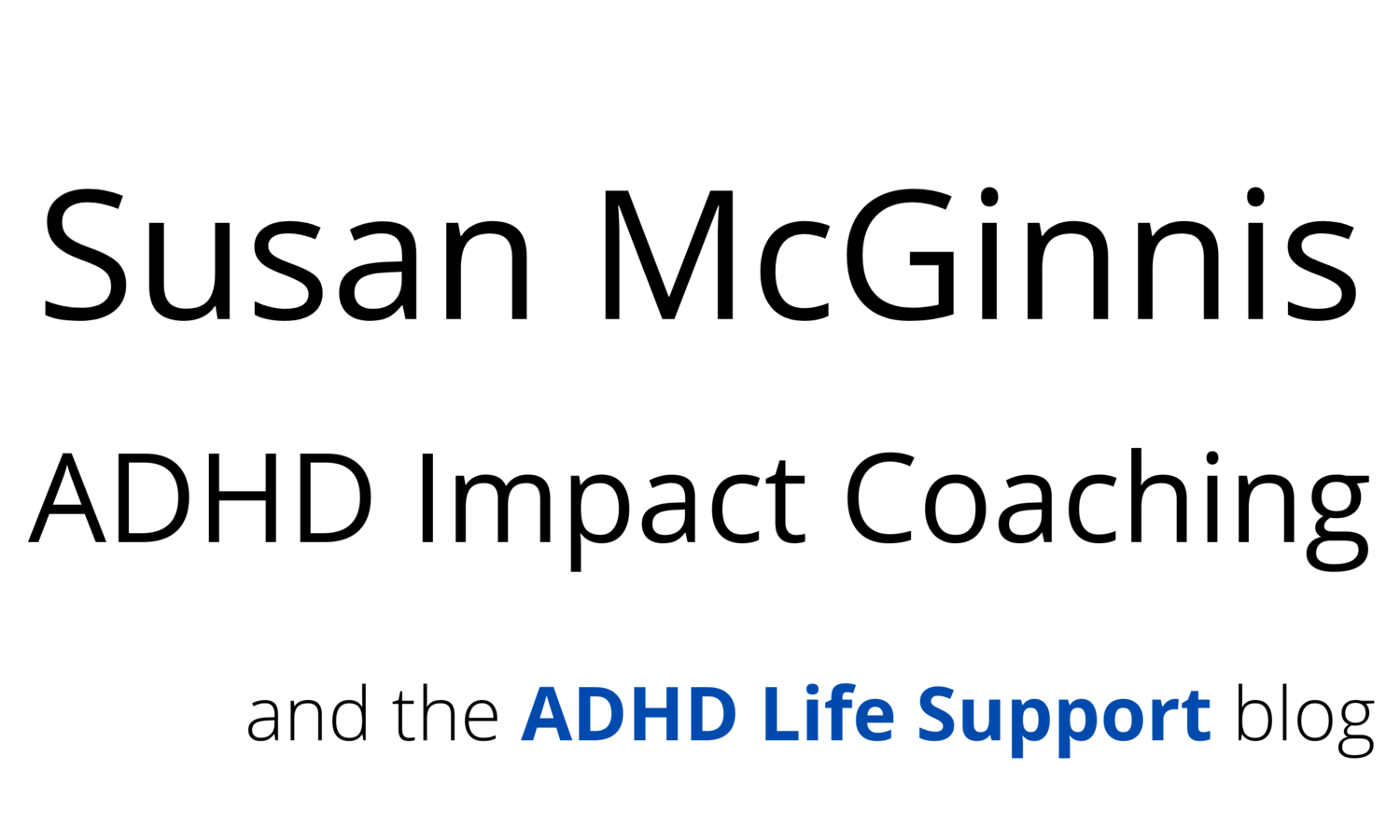Podcast Recommendation: “Hidden Brain” on Creating Yourself Through Habits
Do you recognize that you are, literally, a creature of habit?
I recently listened to a “Hidden Brain” podcast episode about making and breaking habits, pointing out that it is what you do, with regularity, that makes up your identity.
I loved the point that you can support yourself to stay on your path by using life strategies that set you up for success. Professionals use practices that make their work more reliably great - it doesn’t just happen!
One example is known by the French term “mise en place,” which describes a professional culinary practice that chefs use as part of their preparation to cook. The phrase is translated as “everything in its place,” or “getting ready,” and refers to the process of cutting and measuring all the ingredients you will need, and laying them out in the order in which you will use them.
I learned this by listening to Wendy Wood, a psychology professor at the University of Southern California, talk to Shankar Ventantum for the very interesting Hidden Brain podcast episode Creatures Of Habit: How Habits Shape Who We Are — And Who We Become.
In discussing the big role that habit plays in what we do, the concept at hand was that of friction, meaning making it easier, or harder, to do something, depending on the desired behavior. Mise en place was introduced as a way of reducing friction.
The objective of “mise en place” is to set up your environment in a way that helps you make a consistently great dish each time— because you are not interrupting yourself, forgetting what’s next (because you have set up visual cues), or mis-measuring — you are not making decisions about ingredients while you are cooking!
I can’t tell you how excited I was to find this elegant term for a practice I usually call “fixing to get ready.” Mise en place could also be thought of as an activation plan that you can make a habit.
Where can you insert a mise en place process to help you do things easier and with more consistently good results?
In addition to listening to the podcast, you might also enjoy reading this review of Professor Wood’s book, Good Habits, Bad Habits, by Jerome Groopman in The New Yorker.
